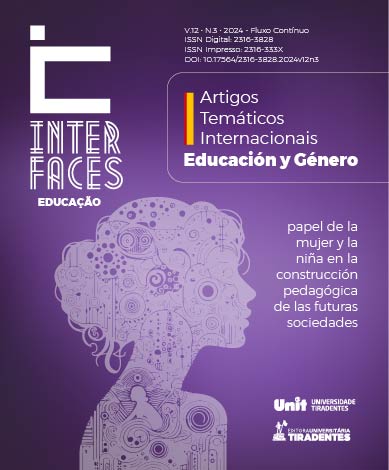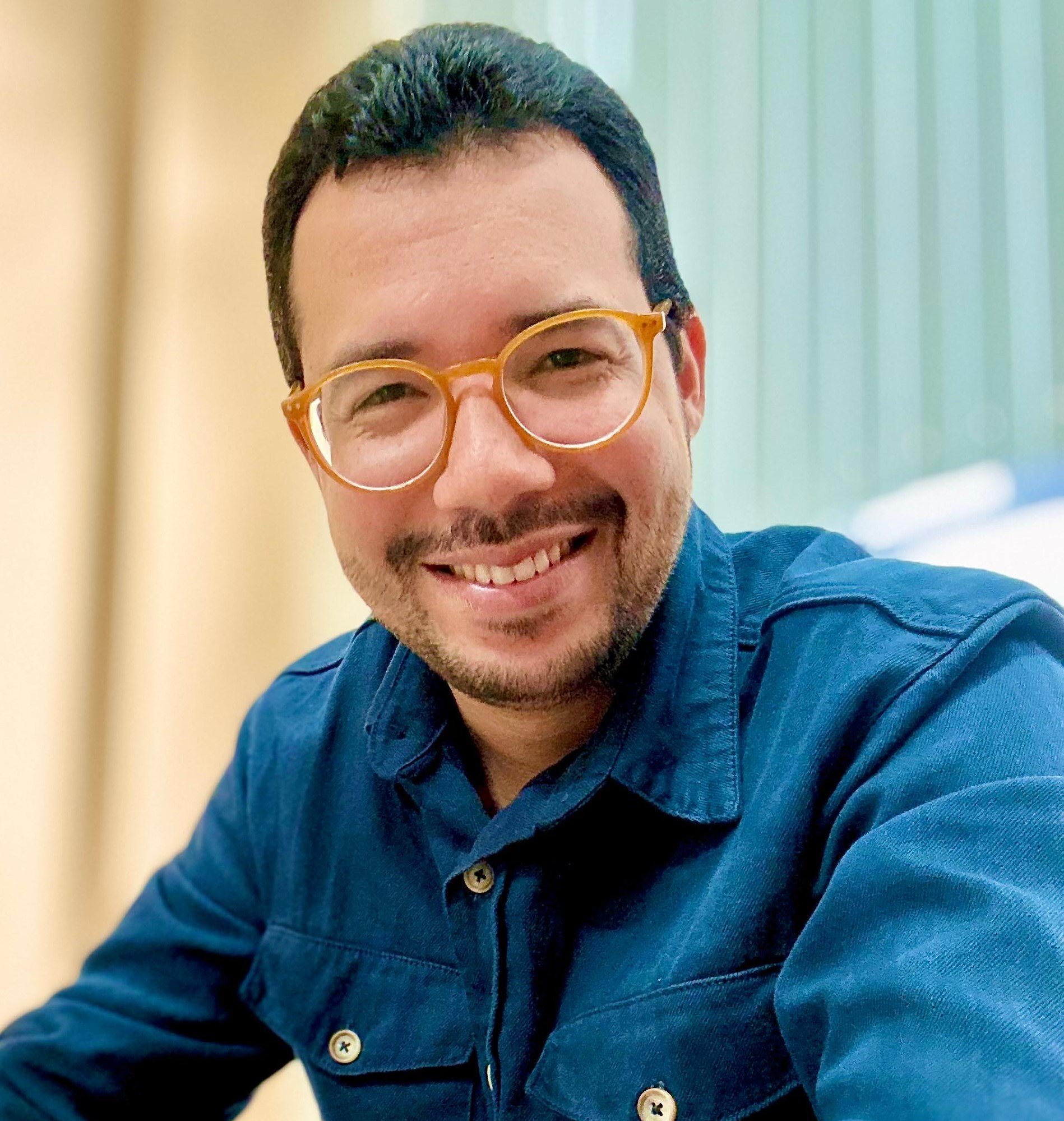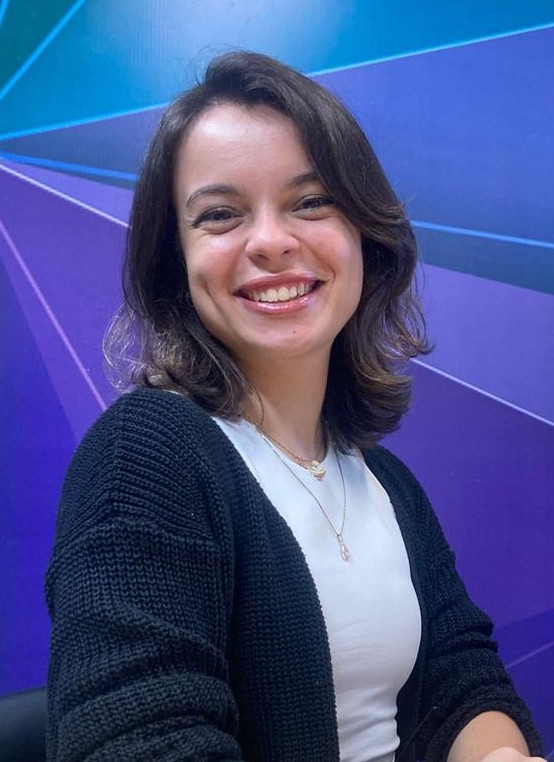THE CURRICULUM LIKE A MEETING: THE ARCHITECTURE OF PRACTICE
DOI:
https://doi.org/10.17564/2316-3828.2025v13n1p133-143Published
Downloads
Downloads
Issue
Section
License
Copyright (c) 2025 Interfaces Científicas - Educação

This work is licensed under a Creative Commons Attribution-NonCommercial 4.0 International License.
A Revista oferece acesso livre e imediato ao seu conteúdo, seguindo o princípio de que disponibilizar gratuitamente o conhecimento científico contribui para a democratização do saber. Assume-se que, ao submeter um artigo, o(a) autor(a) se reconhece como detentor(a) do direito autoral sobre ele e autoriza seu livre uso pelos leitores, podendo ser, além de lido, baixado, copiado, distribuído e impresso.Abstract
In this article, we intend to explore some reflections on Curriculum, in relation to the theories, ideas and repercussions that surround the theme, reporting, through writing, what we experienced in the Teaching, Curriculum and Pedagogical Practices Discipline, taken by the authors in a Teaching Program Doctorate in Teaching, in collaboration between institutions. Writing highlights elements that caught our attention throughout the Curriculum classes, notably focusing on the discussions that took place within the scope of our Brazilian reality, intercultural practices and critical teaching in their identities. As teachers, the results presented us with several problems, including the challenges of providing conditions for teaching that provides recognition and appreciation of cultural differences in the school context. The reflections raised, when we critically analyzed the universe that permeates the Curriculum, pointed out opportunities for creating alternatives that embrace the diversity and multiculturalism present in different learning contexts. Thus, we recognize that this creation can result in students who are more involved, critical and aware of their reality. We conclude with the perception that our lived experience has once again confronted us with the complexity involved in the approach to the Curriculum, which is sometimes reductionist, but which, on the contrary, must understand its multiple nuances.


















